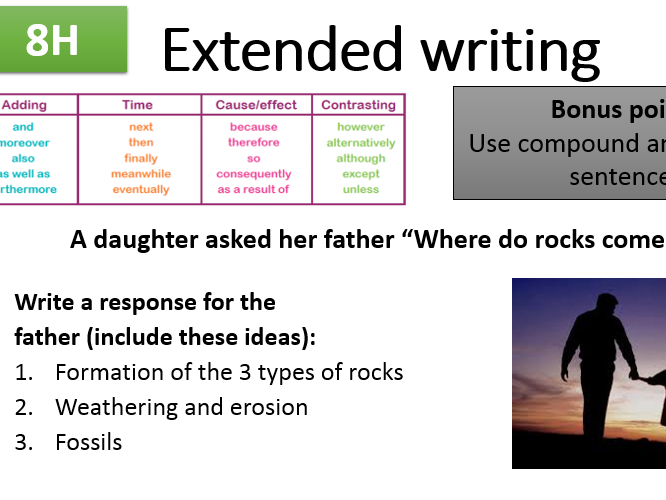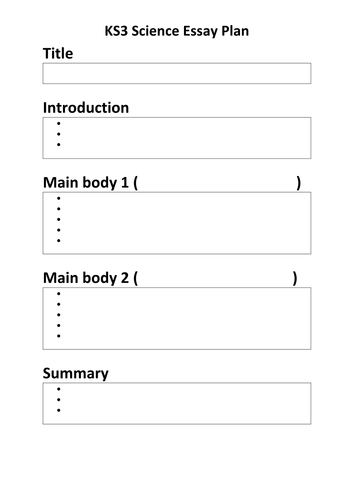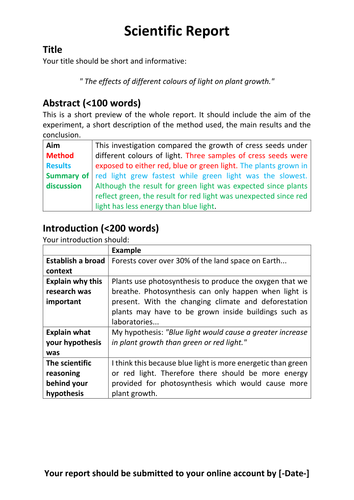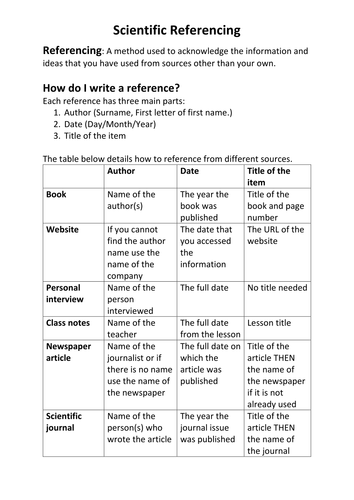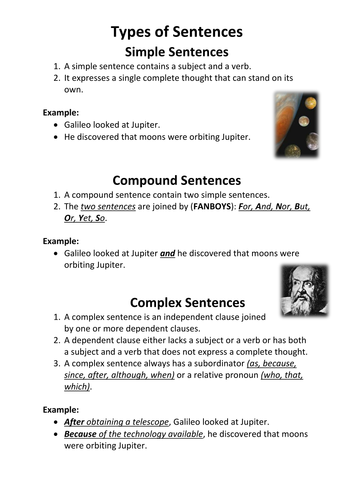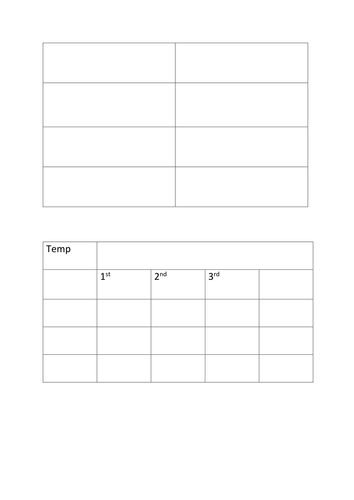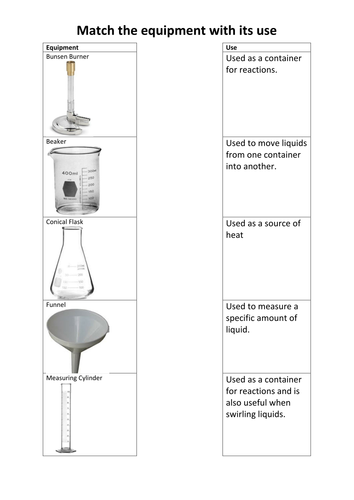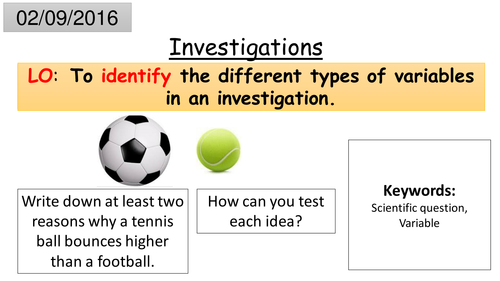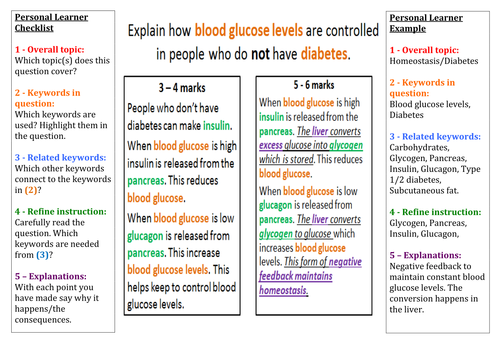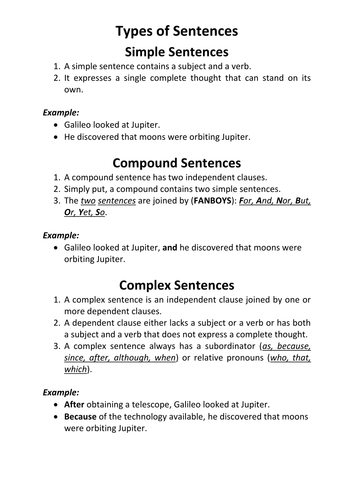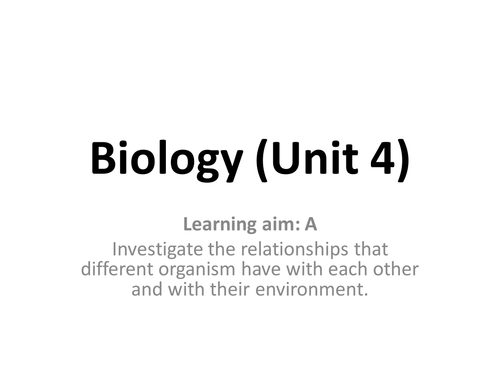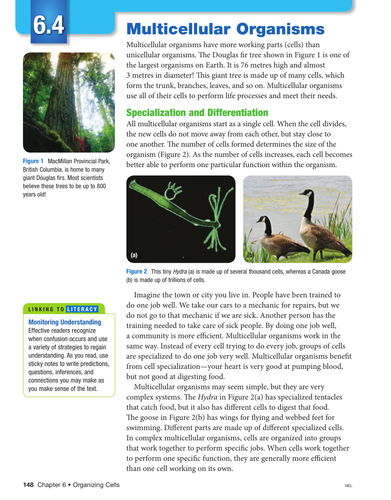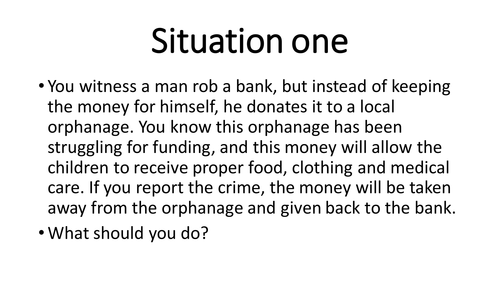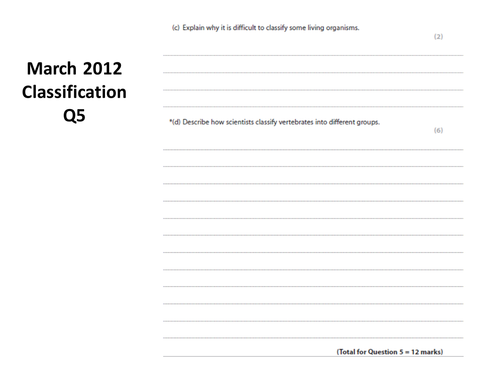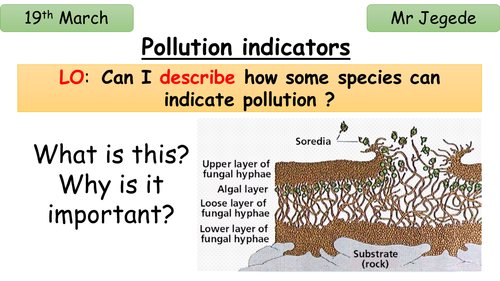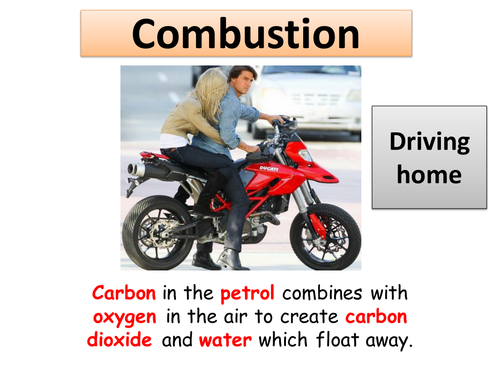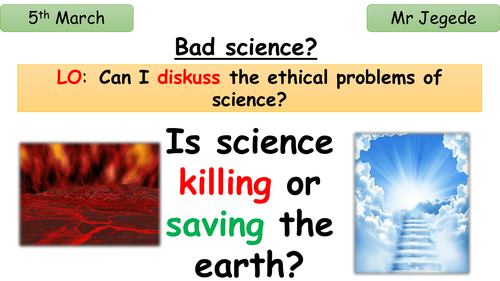243Uploads
113k+Views
55k+Downloads
Biology

KS3 Science Complete Extended Writing Task (Yr7-8)
Best used just before or after finishing a topic - an ideal activity for deep marking.
Each slide contains a set of connective and also prompt ideas.
Topics included:
* Adaptation, Neutralisation, Particle theory, Detecting sound, Puberty, Drugs and health, Fossil fuels.
* Respiration, Rock cycle, Payback-time, Digestion, Diffusion, Acidification of forests, Pollination, Earth and space

KS3 Science Yr8 Biology Student response sheets
A collection of student feedback sheets based on exam style questions.
Best used when you have identified an area of weakness.
This should help make marking meaningful.
Topics include Health and Lifestyle, Ecosystem, Adaptation and Inheritance,

KS3 Science Yr7 Biology Student response sheets
A collection of student feedback sheets based on exam style questions.
Best used when you have identified an area of weakness.
This should help make marking meaningful.
Topics include Cells, Body systems, Reproduction,

KS3 Scientific Essay Plan
I found that a lot of my KS3 were simply copying and pasting information for homework.
This was designed to get them to have to think critically about the information they are including.
Ideally, they follow the plan and you give feedback which they use along with the plan to write the actual essay.

Scientific Report
Models how students should write out a scientific report:
*) Abstract
*) Introduction
*) Method
*) Results
*) Discussion

Scientific Referencing
This is probably most appropriate for A-Level and GCSE students but I have been pushing my top KS3 students to get used to this way of writing.
Shows how to reference: books, videos, websites etc..

Science 101 (Introduction lesson 1/4)
Designed to be the first lessons for Year 7s (1/4).
Learning outcomes: (*) State what an observation is. (*) Describe the difference between observation and inference. (*) Use data to formulate an inference about fossil distribution.
Also included are sentence types (Simple, Compound, Complex) with scientific examples to build literacy skills in later lessons.

Recording Data (Introduction lesson 4/4) "Graphs and Tables"
Designed to be the fourth lessons for Year 7s (4/4).
Learning outcomes:
(*) Describe the three different types of data.
(*) Calculate means.
(*) Draw a suitable graph for given measurements.
Students recap the three types of variables and then learn the three types of data (Continuous, Discrete and Categoric).
They are then shown how to fill in a results table (where the dependent and independent variables go).
They learn how to calculate means and how to plot this data onto a graph.
The steps in drawing a graph are laid out in a step by step method (designed to be down together with the whole class).
They are also informed on when to use line or bar charts.

Safety and Scientific Equipment (Introduction lesson 3/4)
Designed to be the third lessons for Year 7s (3/4).
Learning outcomes:
(*) Describe the use of different lab equipment.
(*) Identify the appropriate lab equipment for an investigation.
(*) Identify safety issues in an unsafe environment.
Students will learn the common equipment they will encounter in the lab and their function.
They will also learn how to measure liquids using equipment that form a meniscus.
There are also safety rules and also how to light a Bunsen Burner

Scientific investigations (Introduction lesson 2/4)
Designed to be the second lessons for Year 7s (2/4).
Learning outcomes:
(*) List the scientific method into the correct order.
(*) Identify questions that can be answered using science.
(*) Identify the different variables in Brainiac experiments.
Students will learn the difference scientific variables (Control, Independent, Dependent) and how to spot them in written situations and videos.
Students also learn what makes a question scientific using Wolfgang Pauli's "not even wrong" quote.

Science 101 (Introduction lesson 1/4)
Designed to be the first lessons for Year 7s (1/4).
Learning outcomes: (*) State what an observation is. (*) Describe the difference between observation and inference. (*) Use data to formulate an inference about fossil distribution.
Also included are sentence types (Simple, Compound, Complex) with scientific examples to build literacy skills in later lessons.

Guide to answering 6 mark questions in science
The resource models the difference between 5 and 6 mark answer.

Science literacy - Sentence types + examples
A worksheet to be stuck in pupils books or tables. Ideal for extended writing tasks.

NEW BTEC First Principles of Applied science
Coursework section. Before each task I'll give a brief introduction with some questions so they get use to the knowledge in the topic. These worksheets detail the scenarios and work that should be present in their coursework. Given to students at the start - may be good to also give them a due date for each task. It is probably best to have access to laptops/pcs. GOOD LUCK GUYS *LOVELY BTEC*!!!!!!!!!

History of Life
A stand alone lesson. Outcomes:\nState what causes replication,\nDescribe the similarities and differences between RNA/DNA,\nExplain how fat molecules allowed natural selection of RNA molecules.

Morals, ethics and mirror neurons
Pupils compare and contrast ethics and morality, Describe instances where morality is observed in other organisms, Evaluate moral dilemmas by discussing personal opinions.\n\nVideo on fairness in monkeys and discussion of natural selection on teamwork.

Pollution indicators
Main activity will be pupils identifying different organisms in six ponds and using their keys to find the cleanest drinking water.

